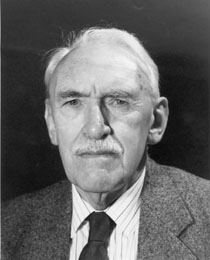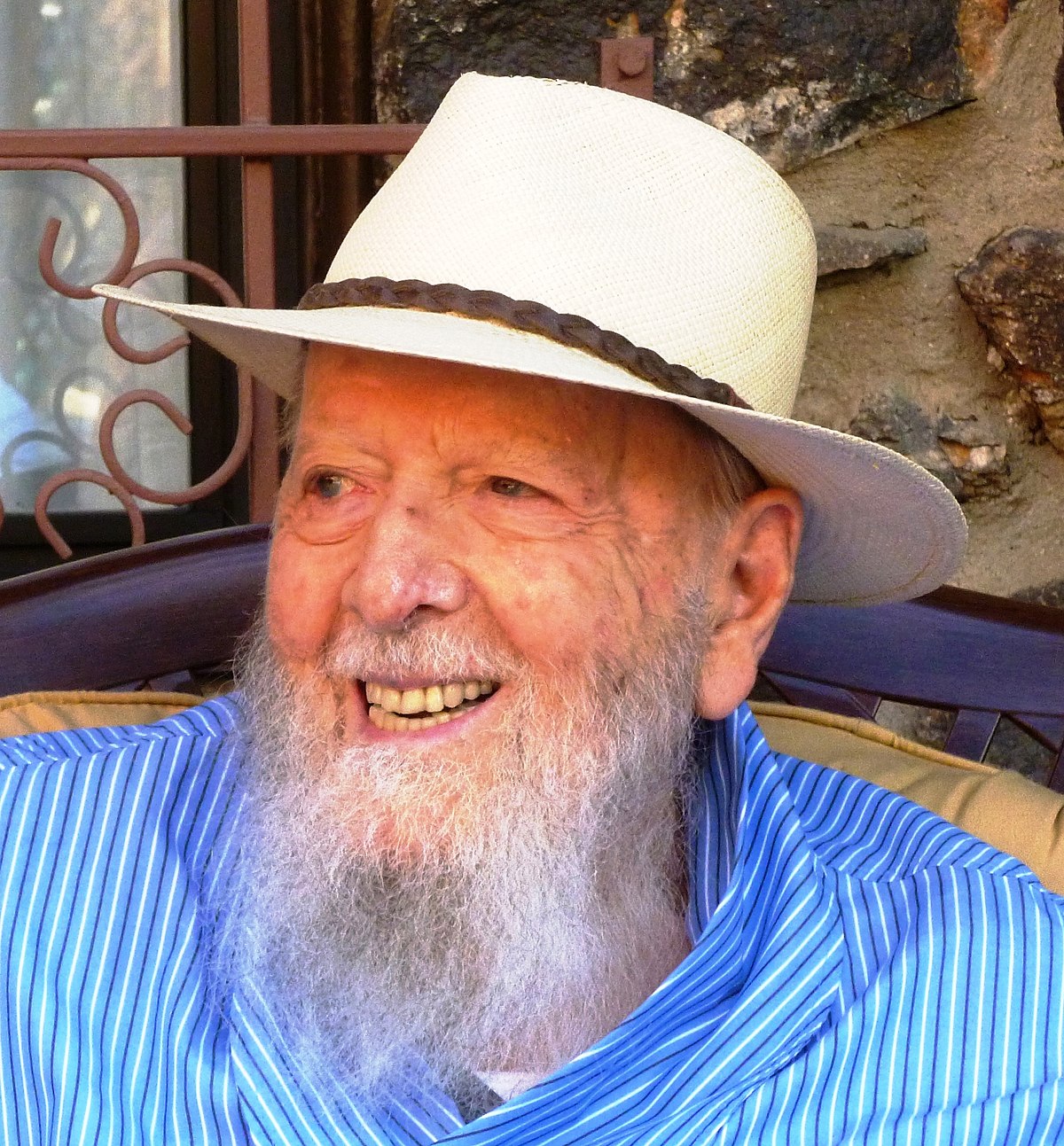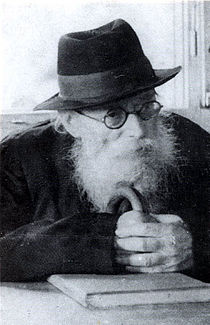May 1 was always the traditional day of commemoration and inspiration of the Socialists and Communists and their supporters and fellow travelers. Parades of workers, scouts, pioneers and sundry members of the proletariat, gigantic displays of armies and military hardware including intercontinental ballistic missiles, speeches about the socialist paradise and the bright Marxist future of mankind, all were standard May Day fare for most of the twentieth century. May Day was the highlight of the year for the Bund (the militantly secular Jewish Labor Union in prewar eastern Europe) and the other Jewish leftist parties including the Labor Zionists that vied for control of the minds and hearts of the Jewish street. Here in Israel the Labor party and the Hisdatrut Workers Union celebrated the day with a zeal and awe that their ancestors had reserved for the commemoration of Yom Kippur. A massive parade was held yearly through the streets of Tel Aviv and members of kibbutzim from all over the country gathered to participate. But in one of the great ironies of history all of this has disappeared as though it never existed. Here in Israel it is especially no longer noted or marked. In fact it pretty much no longer exists in most parts of the world except for China, where it is paid lip service to, and in North Korea, the weirdest country in a very weird world. A relatively small parade was conducted on May Day this year in Tel Aviv but it gathered little media attention and public notice. And anyway, its main concerns were on spreading the capitalist wealth of the present and not on bringing about the Marxist utopia of the future.
There are many reasons for the decline of May Day. The humiliating disappearance of the Soviet Union and the collapse of Communist rule in Eastern Europe twenty years ago certainly is the main catalyst for the diminution of May Day as well. Communism/Marxism proved itself to be a bloody, murderous, inefficient and economically disastrous way of life. It literally poisoned the air that people breathed, stifled all human creativity and enslaved millions of hapless victims – all in the name of a utopian and essentially foolish goal of achieving a worker’s paradise. The complete collapse of the communist system has left very little room for any May Day celebrations. May Day was in essence a pagan holiday dedicated to the false god of Marxism. Like all pagan holidays and social norms it had its day of popularity and seeming triumph before it collapsed of its own accord, a victim of its supreme arrogance and abysmal failures. The power of labor unions all over the world is being contested as never before in the past century. The recent death and funeral of Margaret Thatcher reminded everyone of her titanic struggle to free England from the grip of the tyrannical union bosses that were strangling the country. Her victory over them has created the new United Kingdom still struggling with its socialist past but struggling nevertheless. No May Day parades for the “Iron Lady.
The unstinting support and arming of the Arab countries in their series of wars against Israel by the Soviet bloc certainly helped sour the Israeli public’s view of May Day. And the fact that millions of Soviet Jews were held hostage for many decades to implement Soviet domestic and foreign policies also contributed to the ending of the romance between the Jewish masses and the political left. The bitter anti-Semitism and the falsification of history practiced and still in practice today by the Left against Israel, its state and people, also immunized the Israeli public to the blandishments of utopian Marxism. Israelis found it difficult to be devoted to the cause of Marxism when Russian made bullets and shells were killing their husbands and sons. The Communist world itself contributed greatly to the demise of May Day here in Israel and in fact throughout the world. The reality of evil wrought by Marxism trumped the false vision it trumpeted of the workers’ paradise.
What is most significant in viewing May Day as it occurred here in Israel this year was its unlikely juxtaposition with the day of Lag B’Omer. I must admit that I am quite dubious about some of the customs that have attached themselves to that day. Bonfires and visits to the purported graves of the righteous are not rigorously observed in my household. However, one should never underestimate the power and effect that Jewish customs adopted over time have on the national psyche and worldview. Three hundred thousand Jews traveled to Meron, the reputed site of the grave of the famed and holy rabbi of the Mishna, Shimon ben Yochai, on Lag B’Omer. There is no May Day celebration here in Israel now or ever that can dream of having such a turnout of people to commemorate the day. Even when May Day was in its heyday here in Israel such numbers of devotees were unattainable. There is a lesson present here in this scenario that speaks to the eternal bond of Jews to Torah and tradition and to the ineffectiveness of pagan holidays, no matter how noble the goals that they claim to represent. The Torah is on the side of the worker and against his exploitation. But that is based on God-given law and revelation and not on wild theories of nineteenth century Enlightenment history, economics and denial of human nature. It is not surprising therefore that May Day is not what it used to be, especially here in Israel.










